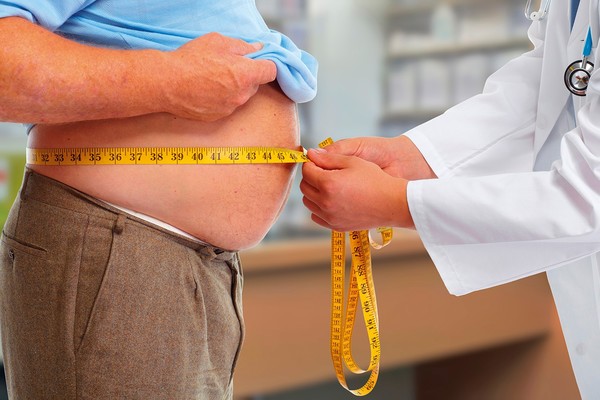By Hollie Harris
Around 2.3 million Queensland adults headed into the New Year overweight or obese, increasing their risk of developing chronic diseases, including some cancers.
Research shows being overweight and obese contributes to around 3900 preventable cancer cases in Australia every year.
Cancer Council Queensland CEO Ms Chris McMillan said weight loss myths and misconceptions could hinder people from losing weight effectively.
“Eating more fruits, vegetables and whole grains, exercising regularly and staying clear of common myths and misconceptions can make a big difference.
“We have debunked four myths to help get you started,” Ms McMillan said.
“Myth 1 is that you need to detox after the festive season. The good news is – there is no need for a crash diet in early January because our bodies detox naturally. Our lungs, kidneys, liver, gastrointestinal, and immune system remove toxic substances within hours after we consume them. Instead, focus on limiting unhealthy options and exercising to lose weight.
“Myth 2 is that you can eat what you like, as long as you’re exercising. While exercising will assist with weight loss, it’s not the only answer. It’s best to complement regular physical activity with a healthy diet for improved results.
“Myth 3 is that you can’t eat carbs at night. Many fad diets push the idea that carbohydrate foods should be cut out to lose weight, especially at night. This is far from the truth. In fact, they’re actually good for controlling our weight. There is strong evidence that eating whole grains is linked with lower body weight, a slimmer waist, and reduced risk of weight gain.
“Myth 4 is that fat makes you fat. Although there are unhealthy fats like saturated and trans fats, not all fat is bad for you. Unsaturated fats are healthy fats and are an important part of a healthy diet. These fats help reduce the risk of heart disease and lower cholesterol levels and can be found in foods like nuts, avocado, fish and olive oil.







